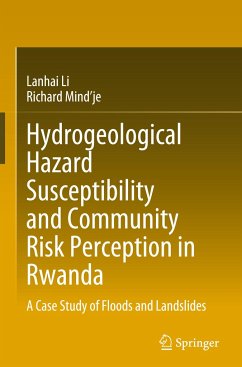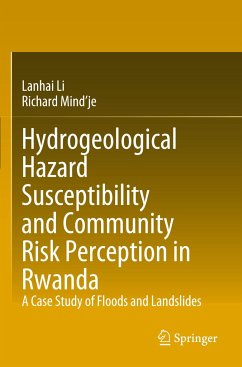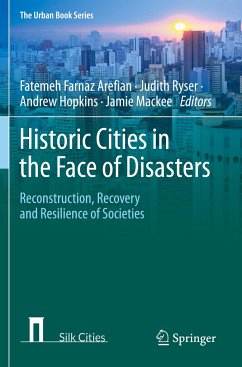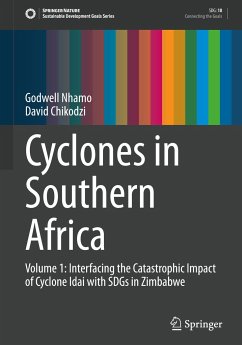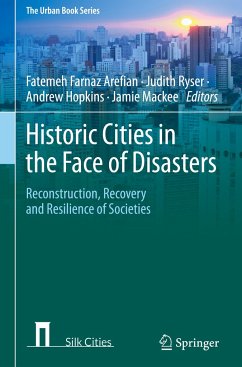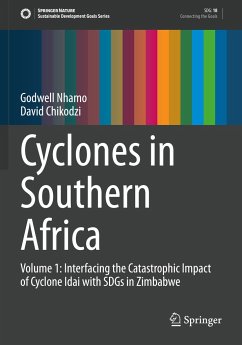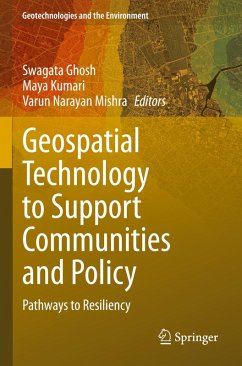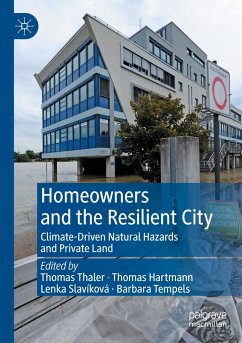
Resilient Recovery from Disasters
The Long-Term Outcomes of Post-Disaster Housing Reconstruction in India, Thailand and Japan

PAYBACK Punkte
16 °P sammeln!
This book is a call to action for housing recovery policymakers and practitioners to leverage foresight and planning capacities to achieve long-term resilience. For human societies to thrive in a rapidly changing climate and uncertain future, it is essential to learn about factors that can catalyse systemic change through disaster recovery processes. This book identifies key factors in housing recovery that meets housing rights of the most vulnerable, as well as help leapfrog to resilience strengthening of housing, its residents and institutions. To capture diverse experiences of stakeholders ...
This book is a call to action for housing recovery policymakers and practitioners to leverage foresight and planning capacities to achieve long-term resilience. For human societies to thrive in a rapidly changing climate and uncertain future, it is essential to learn about factors that can catalyse systemic change through disaster recovery processes. This book identifies key factors in housing recovery that meets housing rights of the most vulnerable, as well as help leapfrog to resilience strengthening of housing, its residents and institutions. To capture diverse experiences of stakeholders in various economies, socio-cultural, technical and political contexts, the authors draw from six cases of post-disaster housing reconstruction and rehabilitation projects from larger recovery programs, from three Asian countries - India, Thailand and Japan. This book identifies both unique and common findings. It is an essential resource for disaster recovery and housing practitioners, policymakers, students and researchers.



